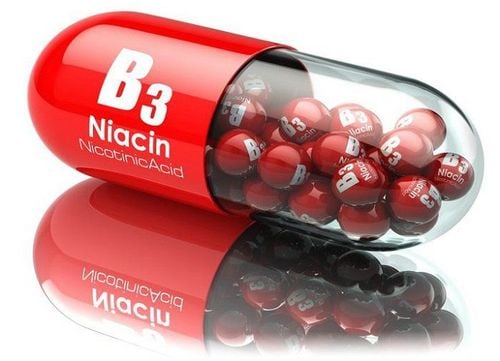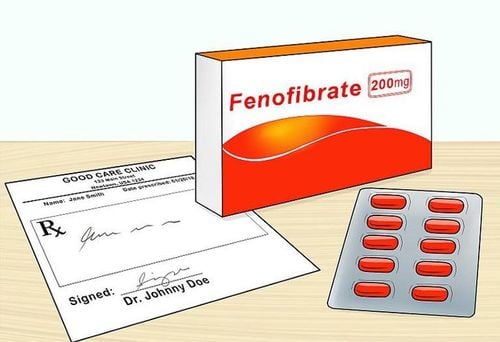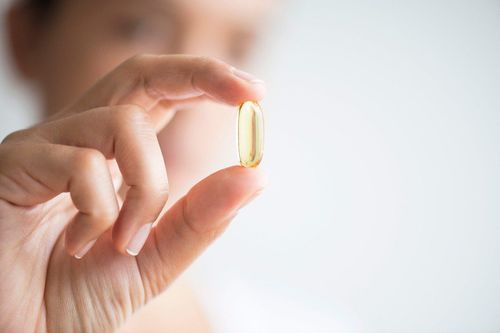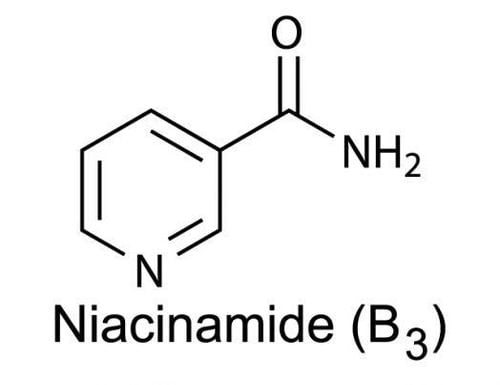This is an automatically translated article.
The article was written by Pharmacist Duong Thu Huong - Vinmec Times City International General HospitalTriglyceride-lowering drugs are used in subjects with elevated TG, whether manifest or not. Currently, there are three main classes of drugs used to lower triglycerides alone, cholesterol-lowering drugs such as statins, ezetimibe can also be used to lower triglycerides.
1. Fibrates derivatives (fenofibrate, gemfibrozil)
Uses: This is the first class of drugs in the treatment of hypertriglyceridemia and secondary prevention of cardiovascular risk due to elevated triglycerides. Fibrates derivatives regulate lipid metabolism through activation of PPARs receptors. Fibrates reduce TGs by 20-50% and increase HDL by 10-20%. The effectiveness of LDL reduction usually ranges from 5-20%. Note: Fibrate derivatives can cause muscle pain, increase liver enzymes similar to statins. Caution should be exercised when co-administering statins, especially gemfibrozil. In addition, the drug may cause a temporary increase in plasma creatinine.
2. Niacin
Uses: Niacin or nicotinic acid is vitamin B3 that inhibits lipolysis in adipose tissue and reduces free fatty acid synthesis. Niacin is used to reduce TGs by 20-50%. Niacin also tends to increase HDL (15-35%) and decrease LDL (5-25%). Note: Niacin can cause cutaneous flushing. This undesirable effect can be reduced by taking aspirin before use or with a meal. Niacin can increase blood sugar, uric acid and liver enzymes. It is recommended that blood sugar, uric acid and liver enzymes be monitored before and during niacin use. Niacin should not be taken while taking a statin because of the increased risk of muscle pain.
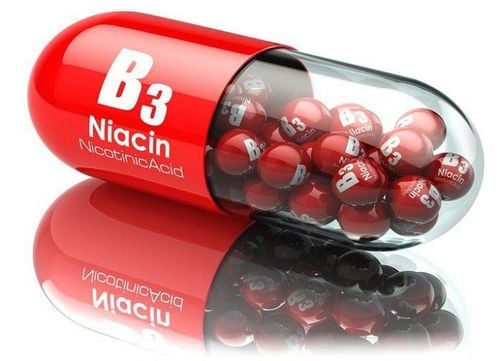
Niacin có tác dụng ức chế sự phân giải mỡ ở mô mỡ và giảm tổng hợp acid béo tự do
3. Omega 3 . Fatty Acids
Omega 3 fatty acids inhibit hepatic TG synthesis, which can reduce TG by up to 44% in patients with very high TGs. Omega 3 fatty acids are found in fish oil or prescription drugs, but not all products are of equal value. Omega 3 products with both EPA and DHA can reduce both LDL and increase HDL, while products with only EPA usually have no effect on LDL or HDL.Note: Omega 3 can cause side effects such as belching. Do not use Omega 3 Fatty Acid products for people who are allergic to fish. During the first 3 months of using the drug may increase the risk of recurrence of atrial fibrillation.
In addition, omega 3 can prolong bleeding time. Omega 3 fatty acids should be used with caution in patients taking other medications that increase bleeding risk such as anticoagulants, antiplatelet agents, etc.
In addition to the use of drugs, lifestyle changes such as smoking cessation, regular exercise, weight loss and nutritional balance are measures that need to be applied to reduce and prevent diseases caused by increased triglycerides.
Please dial HOTLINE for more information or register for an appointment HERE. Download MyVinmec app to make appointments faster and to manage your bookings easily.
Article referenced source: PSAP 2019, Medscape



